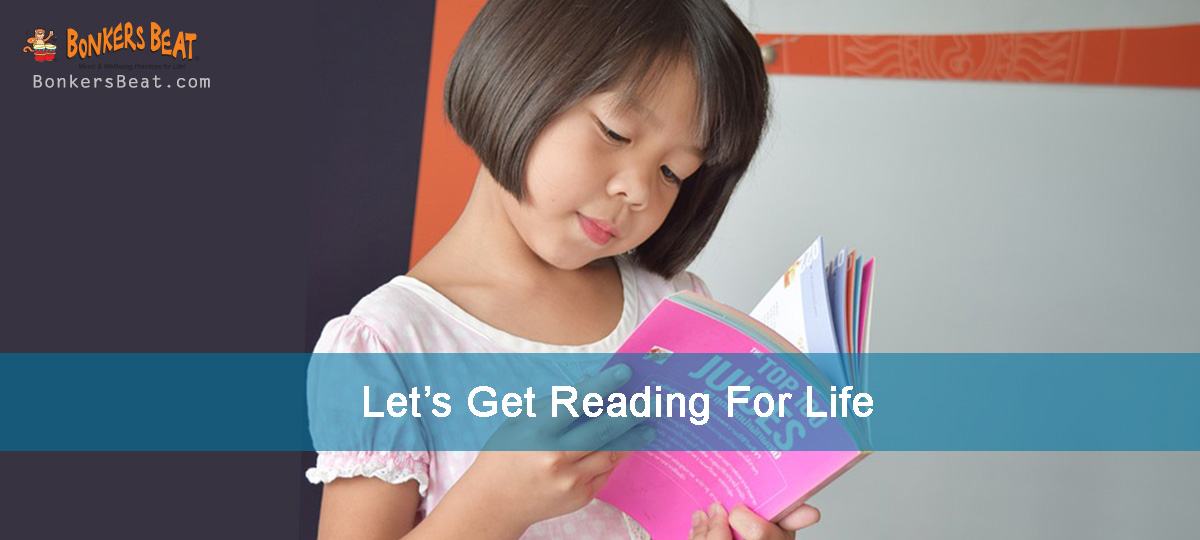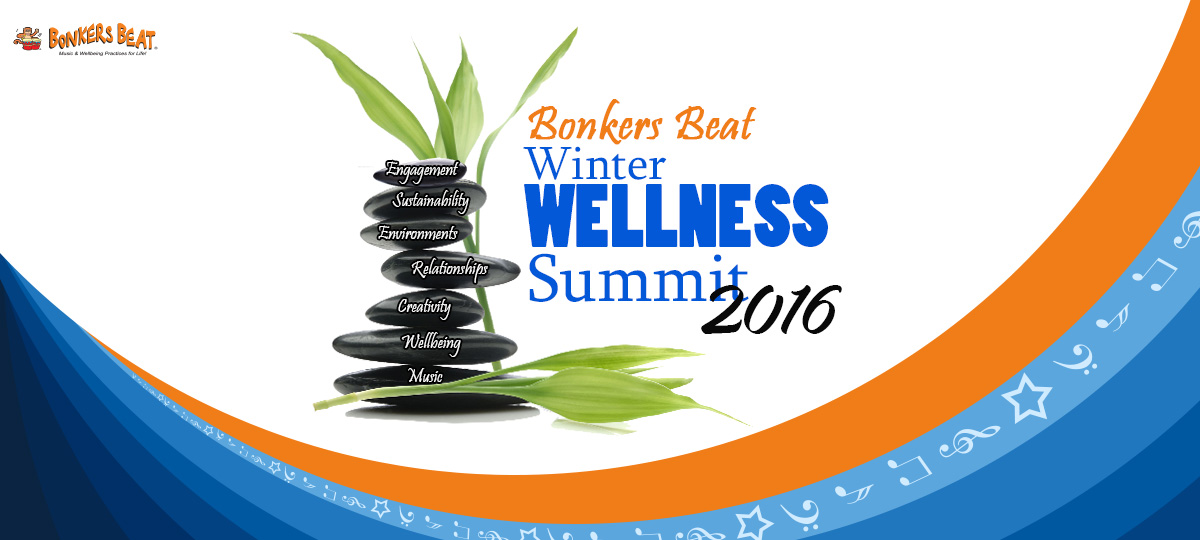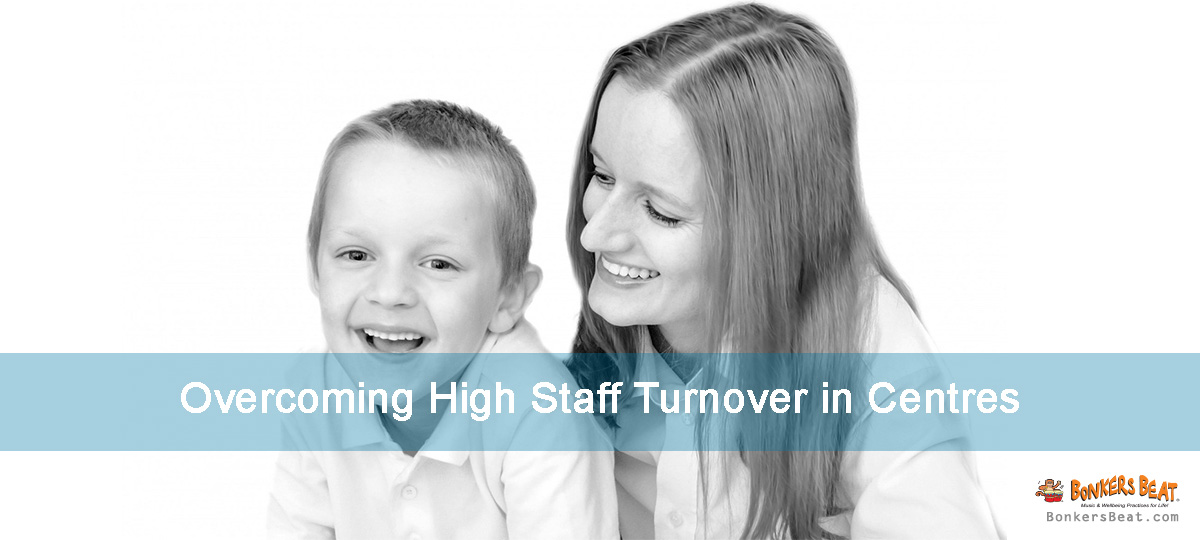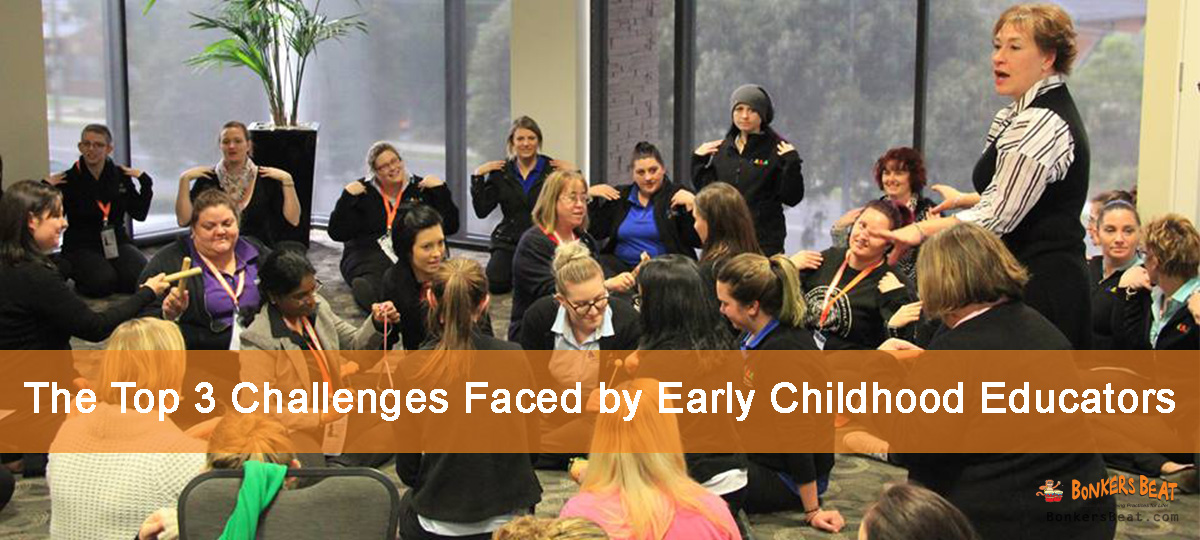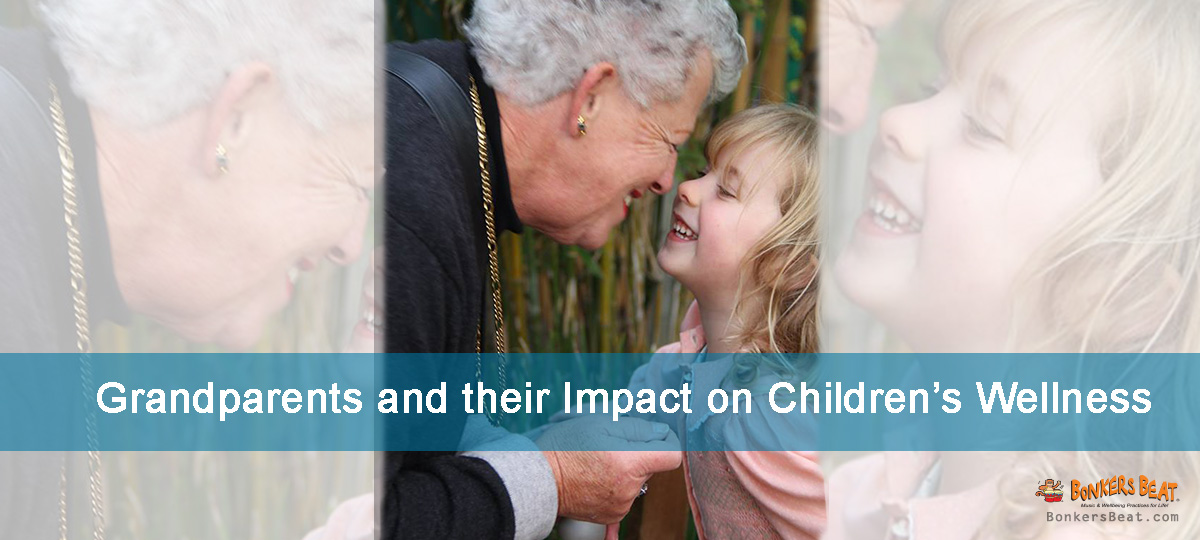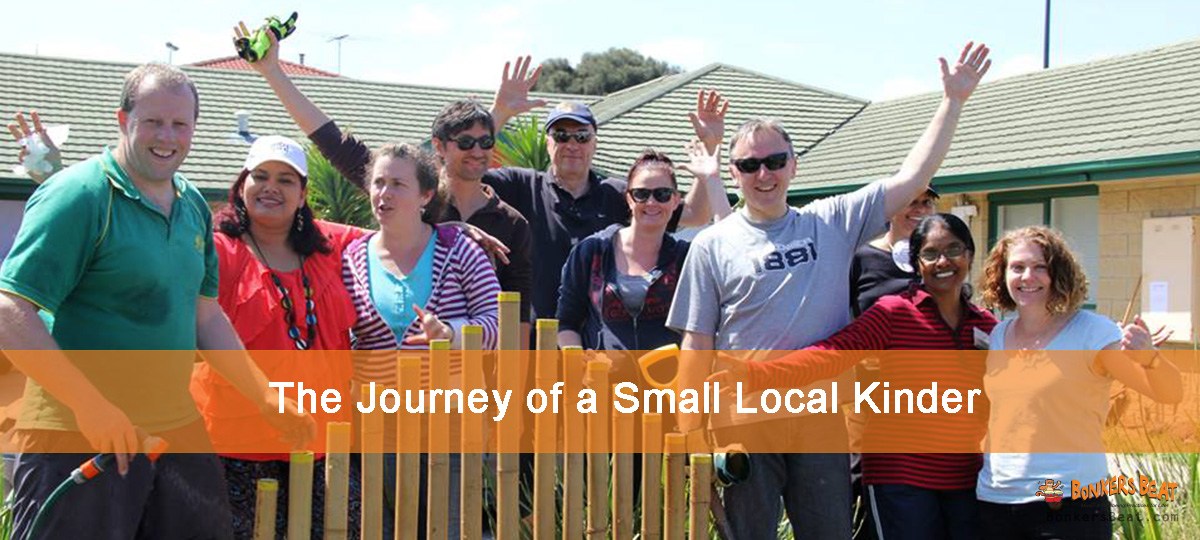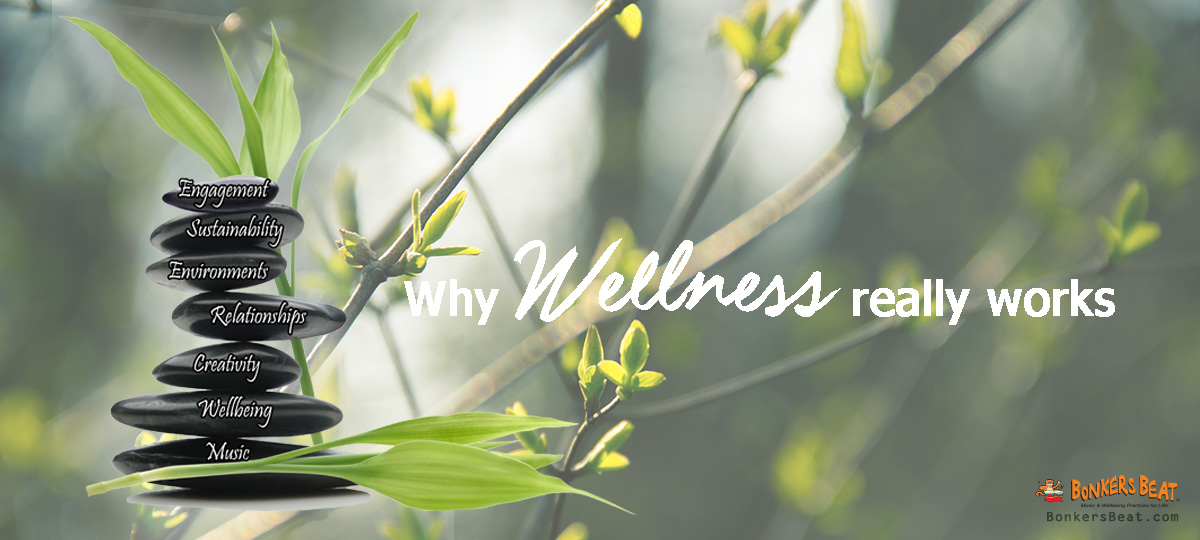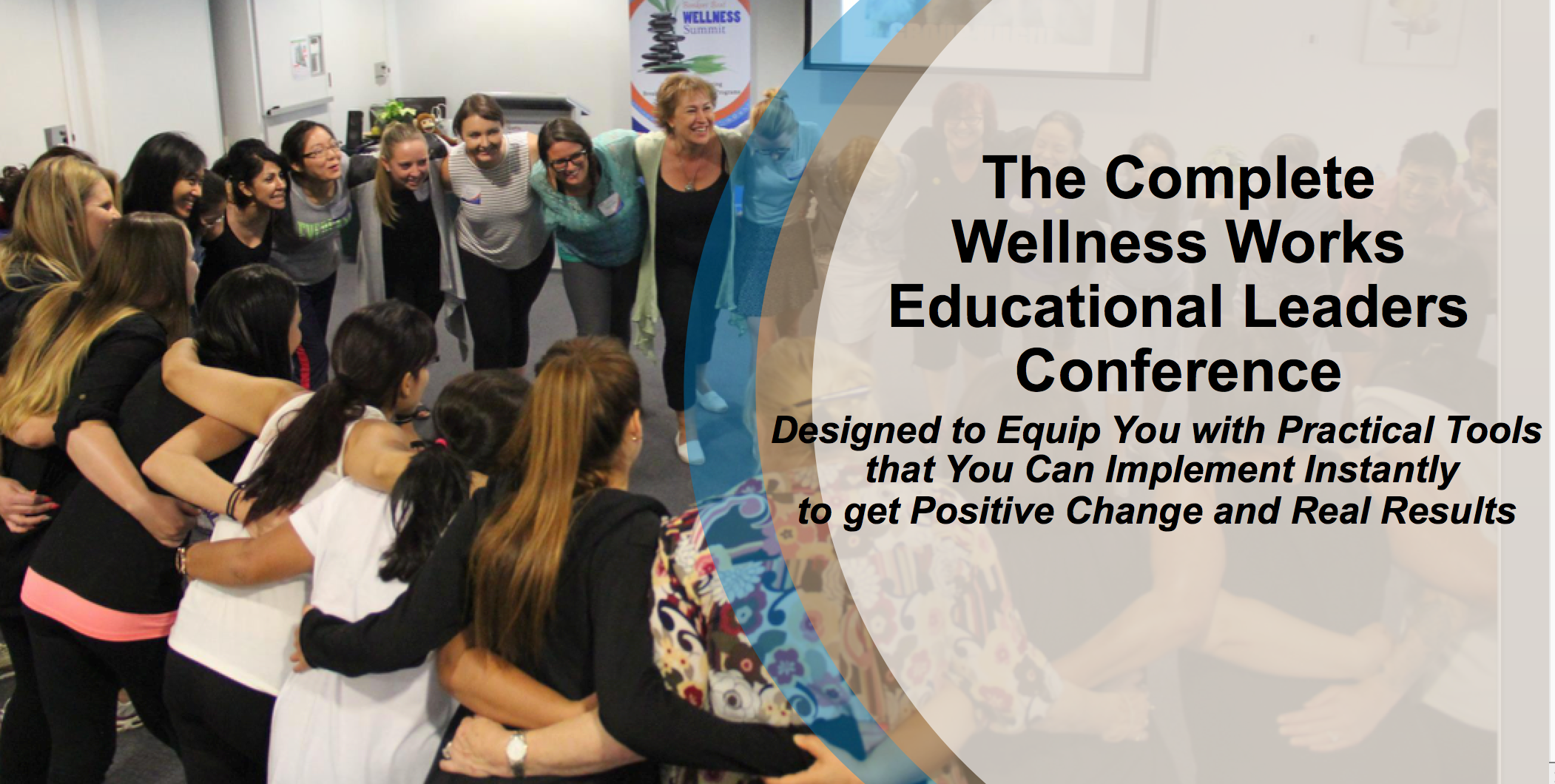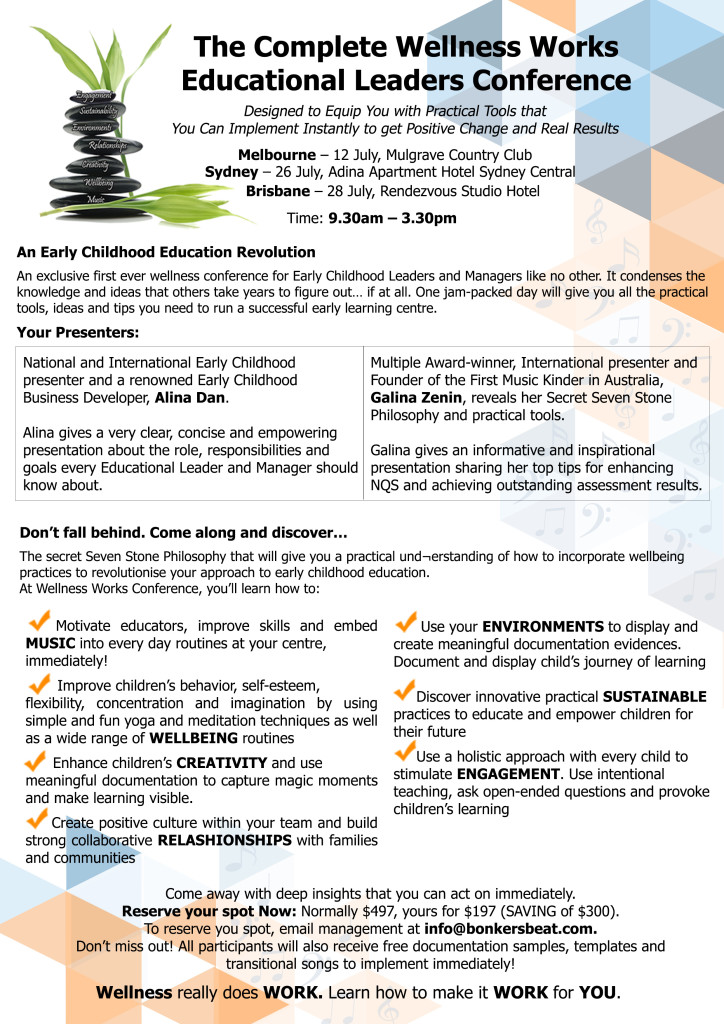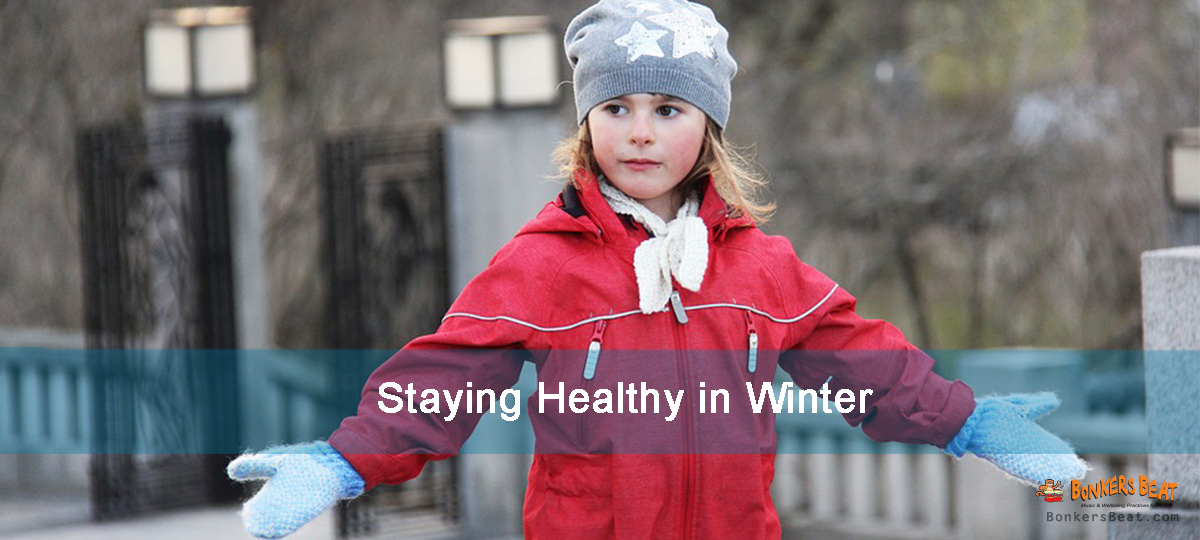Reading books is a favourite hobby for many, children and adults alike! Books can be great for learning, for escaping, for relaxing and just for fun.
More that this, books help young children to build vital literacy skills that will provide them with benefits throughout their lives.
Children’s Book Week takes place from August 20 – 26 in 2016 and gives educators, children and parents the chance to discover the magic of reading together or alone. This is a great excuse to relive the wonder of your favourite childhood book and share it with children in your care! The theme for this year is ‘Australia! Story Country’, so you might like to incorporate this too.
Read More, Learn More
Did you know researchers found that reading provides benefits to a child’s education? The NAPLAN (National Assessment Program – Literacy and Numeracy) tests showed higher scores for children who were read to more often at age 4 and 5. But it wasn’t just reading that they scored highly on. Numeracy skills were improved too!
Literacy and Numeracy for a Better Life
Literacy is defined as the ability to read and write. Numeracy is the ability to understand numbers. These two areas are major pillars in our development and ability to learn throughout life.
The research shows that “reading to children 6-7 days per week has the same effect as being almost 12 months older”, and that “These differences in reading and cognitive skills are not related to the child’s family background or home environment but are the direct result of how frequently they have been read to prior to starting school”. With this in mind, we need to do everything can to encourage a love of reading in all children!
Try this list of great books for children aged between 3 and 5 to get even the least interested children engaged in reading. Sometimes if you start with the subject matter this can be a good tactic, for example a child who loves trucks could fall in love with pictures of trucks in a book and then the story about the trucks. It can be as simple as that to start off a love of books in children!
Why Children Should Read More
Need more reasons why children should read more? In addition to those measurable educational benefits, reading is great to:
-Help children learn about the world
-Stimulate the imagination and ability to visualise
-Increase children’s vocabulary
-Provide a form of entertainment that is relaxing and has no screen!
Reading is a simple way to enhance children’s love of books and in turn, enhance their ability to learn and have a positive impact on their lives well into the future.
In the interest of Book Week, we’d love to know what your childhood favourite was from the bookshelf… Share with us!

